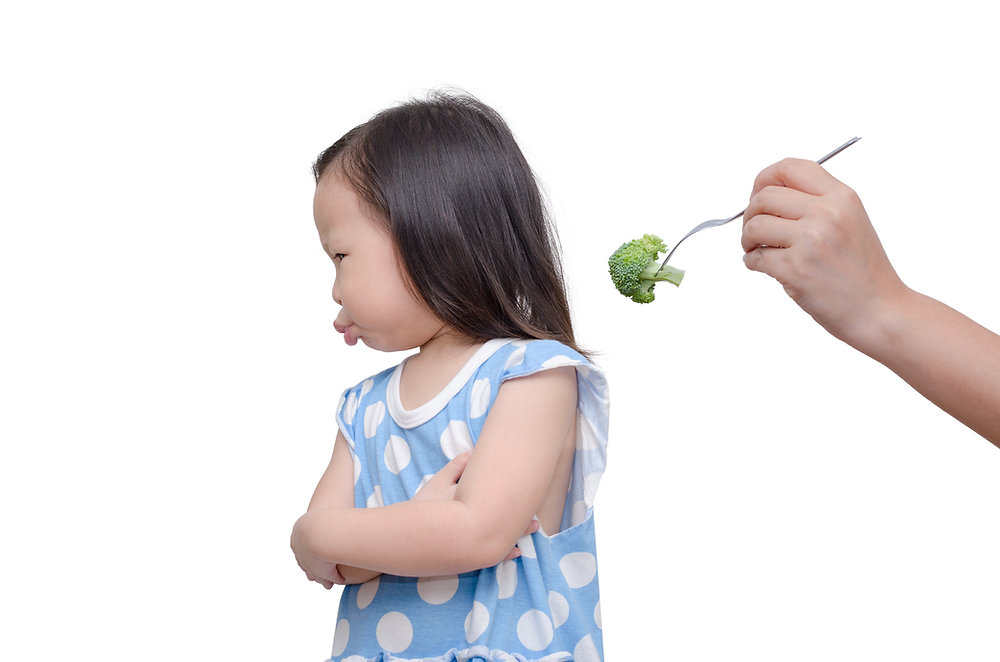
This post contains affiliate links. As an Amazon Affiliate, HealthSmart! Kids earns from qualifying purchases.
As a parent of a child with autism, you may be all too familiar with the challenges of picky eating habits. Your child may refuse to eat certain foods, have difficulty trying new foods, or even limit their diet to only a few select items. While these habits can be frustrating and concerning, it’s important to understand that picky eating is common among children with autism.
In fact, studies have shown that up to 70% of kids with autism have some form of feeding difficulty. However, with the right strategies and support, it’s possible to help your child overcome their picky eating habits and develop a better relationship with food.
Understanding Picky Eating in Kids with Autism
There are several reasons why children with autism may have picky eating habits. One common reason is sensory processing issues. Kids with autism may be hypersensitive or hyposensitive to certain tastes, textures, smells, or visual cues, making it difficult for them to tolerate certain foods. For example, they may dislike the texture of certain foods or the smell of strong spices. They may also have difficulty with the visual presentation of food, such as the way it’s arranged on the plate or the color of certain foods.
Another reason for picky eating in kids with autism is related to their need for routine and predictability. Children with autism thrive on routine and predictability, and any changes to their routine or environment can be overwhelming. This can lead to a reluctance to try new foods or eat foods that are unfamiliar to them.
Finally, anxiety and stress can also contribute to picky eating habits in children with autism. Kids with autism may have difficulty with communication and social interaction, which can lead to feelings of anxiety or stress at mealtime. They may also have difficulty expressing their preferences or dislikes, leading to a tendency to avoid certain foods altogether.
Consequences of Picky Eating in Kids with Autism
While picky eating in children with autism may seem harmless, it can have serious consequences if left unaddressed. Limited food intake can lead to nutritional deficiencies, which can impact your child’s overall health and development.
Picky eating can make family life stressful and frustrating for you as a parent. Mealtime might feel like a battleground, with power struggles over what foods you can serve and how much your child actually eats. This can leave you feeling guilty and helpless, affecting the overall happiness and harmony of your family.

Identifying Picky Eating Behaviors
Identifying picky eating habits in your child with autism can be challenging since many behaviors overlap. However, there are certain signs you can watch for that may indicate picky eating, such as:
· Refusing to eat certain foods or food groups
· Eating only a limited variety of foods
· Preferring foods with specific textures or flavors
· Avoiding foods based on visual cues, such as color or presentation
· Exhibiting extreme reactions to certain foods, such as gagging or vomiting
· Becoming anxious or upset at mealtime
· Exhibiting rigid or repetitive behavior like eating foods in a certain order or at a certain time
If you think your child might have picky eating habits, it’s a good idea to talk to your healthcare provider to make sure there aren’t any underlying medical issues or nutritional gaps.
Strategies to Help Your Child Overcome Picky Eating Habits
If your child has picky eating habits, there are several strategies you can try to help them expand their food choices and become more adventurous eaters. Here are some tips to get you started:
Creating a Sensory-Friendly Mealtime Environment
One of the first steps in addressing picky eating habits is to create a sensory-friendly mealtime environment. Start by minimizing distractions, such as television or electronic devices, and creating a calm and quiet atmosphere. You may also want to consider using a specific plate like this parent and kid favorite or utensils that your child is comfortable with, or incorporating sensory toys or fidgets to help your child stay calm and focused during mealtime.
Introducing New Foods to Your Child
Trying to incorporate new foods into your child’s diet can be a daunting task, but there are several strategies you can use to make the process easier. Start by offering small amounts of new foods alongside familiar foods, and avoid overwhelming your child with too many new foods at once. You can also try incorporating new foods into familiar dishes, such as adding vegetables to pasta sauce or smoothies. Finally, be patient and persistent, and offer new foods repeatedly over time, even if your child initially refuses them.
Tips for Meal Planning and Preparation
Meal planning and preparation can also play a role in helping your child overcome picky eating habits. Start by involving your child in the meal planning process, and allowing them to choose some of the foods that will be served. You can also try incorporating new foods into familiar dishes, as mentioned above, or presenting foods in a fun and creative way, such as arranging fruits and vegetables into a colorful rainbow. Finally, be flexible and open to your child’s preferences, and don’t be afraid to offer alternatives if a certain food is consistently refused.
Getting Professional Support
If your child’s picky eating habits are persistent or severe, it may be helpful to seek the support of an expert. A nutritionist and/or a feeding therapist can help assess your child’s nutritional needs and develop a customized plan to address picky eating habits. They can also provide guidance and support to help you navigate mealtime challenges and build healthy eating habits for your child.
Staying Encouraged When It Comes to Picky Eating
While picky eating habits in kids with autism can be challenging, it’s important to remember that it’s possible to help your child overcome these habits and become a better eater. By understanding the reasons behind picky eating, creating a sensory-friendly mealtime environment, introducing new foods in a fun and consistent way, and seeking professional support when needed, you can help your child develop healthy eating habits and enjoy a wider variety of foods. With patience, persistence, a little creativity, and perhaps some extra guidance, you can help your child develop a healthy relationship with food to go from fussy to foodie.

All blog content shared through HealthSmart! Kids is for informational purposes only and not to be construed as medical advice. Always talk with your qualified health care provider for managing your health care needs.
Trending Products












